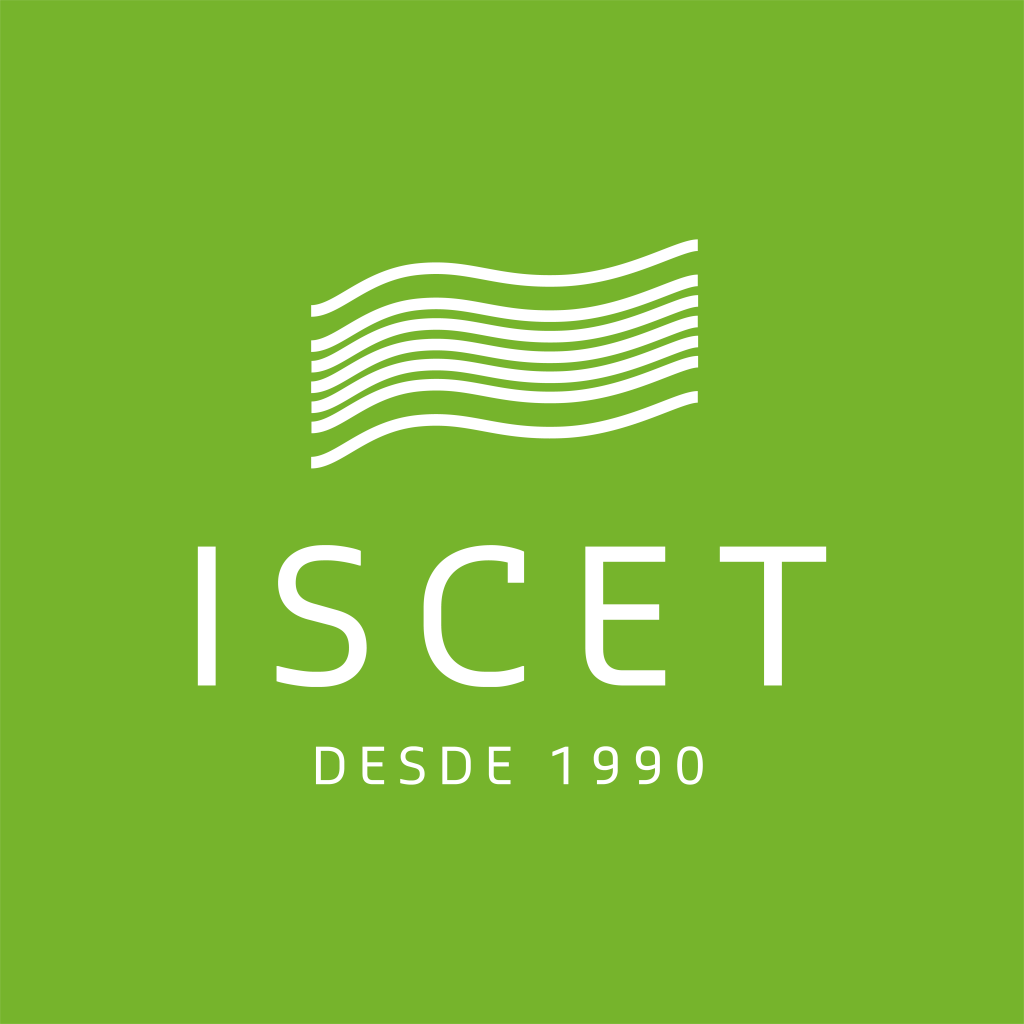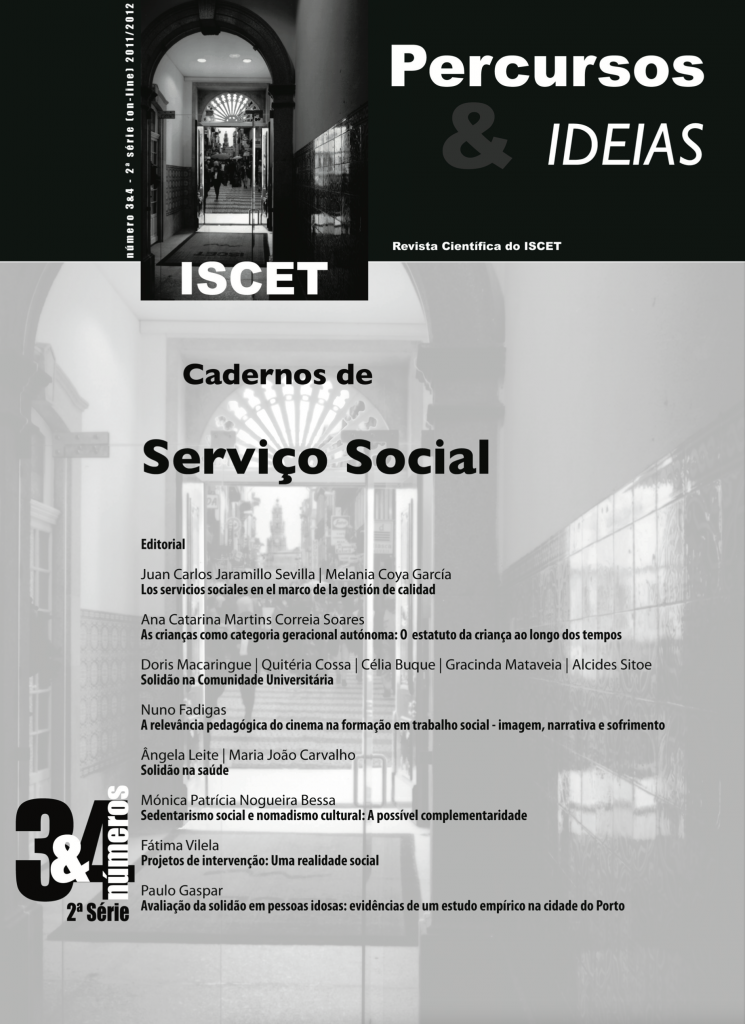As Crianças como Categoria Geracional Autónoma: O Estatuto da Criança ao Longo dos Tempos
Ana Catarina Martins Correia Soares  1
1
1 ISCET – High Institute of Business and Tourism Sciences, Porto, Portugal
To cite this text:
Soares, A. C. M. C. (2012), As Crianças como Categoria Geracional Autónoma: O Estatuto da Criança ao Longo dos Tempos, Percursos & Ideias, Vol. 3&4, pp. 13-20.
Abstract
The existence of children is an undeniable truth and an inseparable part of human existence. But throughout history there has been a real instability with respect to their position in society, the way they were viewed, the attitudes of adults towards them and the policies and guidelines that are devoted to them. All societies are engaged in a particular way to their children. This means, that we can observe distinct forms of attention and action. Its definition, based on age, takes on a timeless character and synchronic variation. The children, throughout history and as part of a whole generation, will assume different statutes and social roles. We can say, that the existence of a social category “childhood” is strongly influenced by the ideas and attitudes of adults. Largely resulting from expert systems (universities, research centers, branches of knowledge, etc), thus contributing to the construction of the ways that prevailing interpretation of reality and rules of conduct for action. Nowadays, the media has spread the dominant ideas about childhood thus contributing greatly to the attitudes and practices of adults to children.
Keywords
Child, Childhood, Society, Positioning, History.


